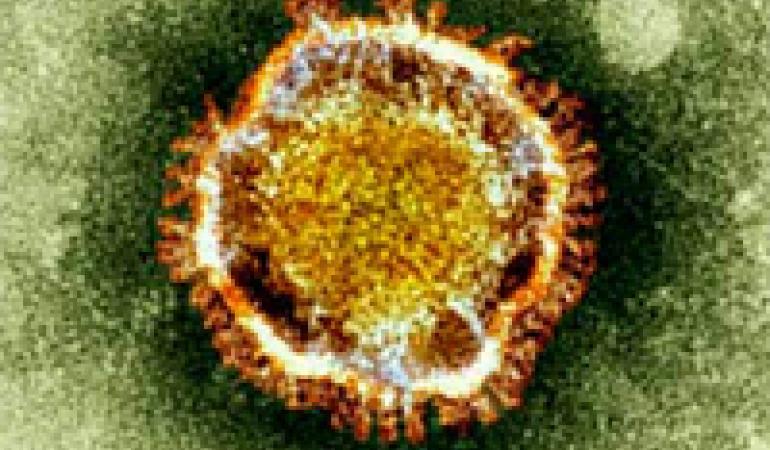
Almost two months ago, two Dutch people were diagnosed with the MERS coronavirus. After repeated tests, experts of RIVM, Erasmus Medical Centre, Haaglanden Medical Centre, Haaglanden Municipal Health Service, the Isala hospital in Zwolle, and IJsselland Municipal Health Service have concluded that no new cases have since been found in the Netherlands. They recently joined forces to deal with the examination, diagnostics and policy concerning the two MERS patients in the Netherlands. Six other Municipal Health Services contributed substantially in the monitoring of the patients’ contacts.
The monitoring period for the contacts of the two MERS patients has thus been officially closed. Because the risk for travellers to become infected is extremely limited, no travel restrictions apply to the Middle East. Travellers (including pilgrims to Mecca during the Hadj) should, however, comply with hygiene measures and avoid contact with sick people, animals (dromedary camels in particular) and animal waste products. Eating and drinking raw animal products (such as dromedary camel milk) is not advised. Travellers to the Middle East who start coughing, become short of breath, suffer from fever or diarrhoea during their trip or within two weeks of returning, are advised to contact their GP. People with poor health or a chronic disease (diabetes, chronic lung diseases, kidney disease, immune system disorders) are advised to consult their doctor or GP whether it is sensible to make the journey to Mecca during the coming Hadj. In addition, Saudi Arabia advises pregnant women, children younger than 12 and elderly people older than 65 to postpone their journey.